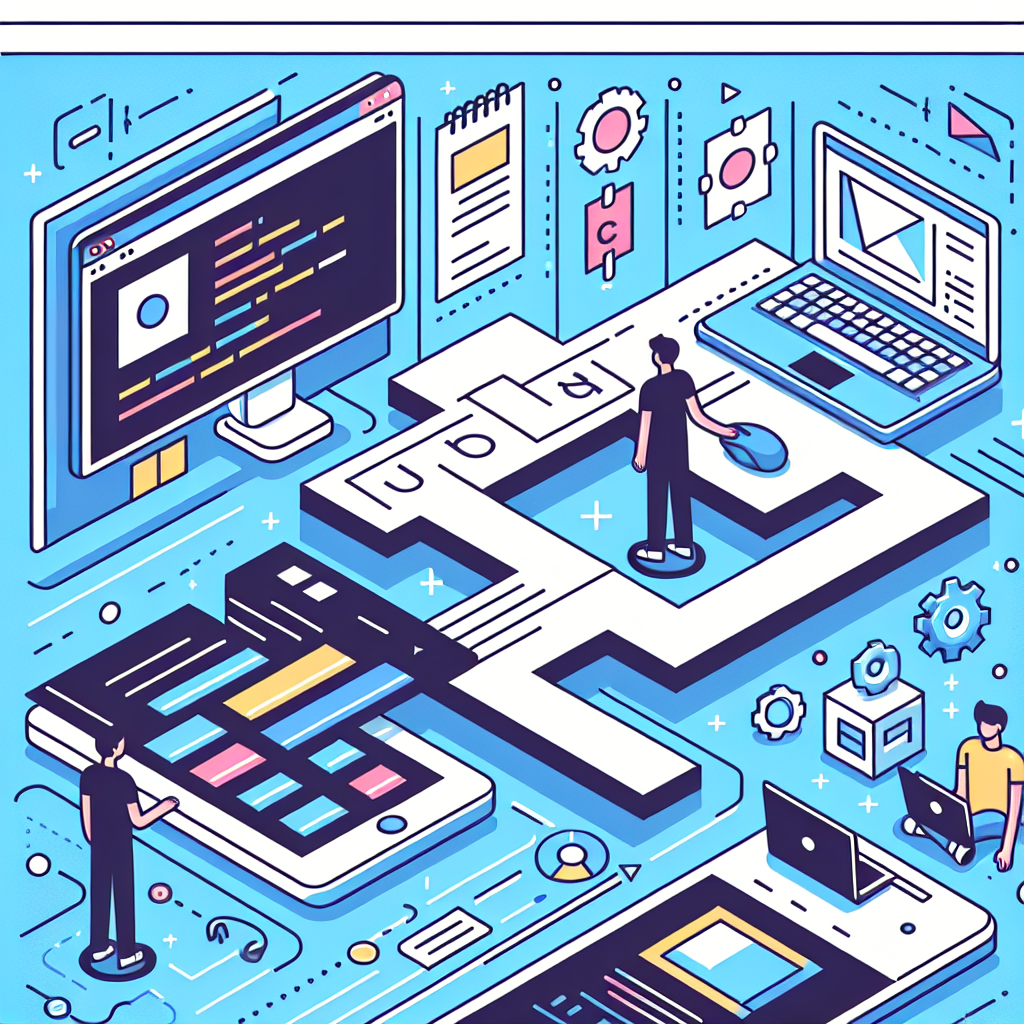Convert Visual Basic .NET to Objective-C Easily
Effortlessly convert Visual Basic .NET to Objective-C with our powerful tool. Streamline your code migration process and enhance cross-platform compatibility.
Source Code
Converted Code
Output will appear here...
Transform your Visual Basic .NET code to Objective-C effortlessly with our intuitive conversion tool. Perfect for developers migrating applications to iOS, this tool ensures seamless translation while maintaining code integrity and reducing development time. Experience efficient cross-platform compatibility and streamline your programming workflow today.

Visual Basic .NET to Objective-C Conversion Tool Link to this section #
Converting Visual Basic .NET (VB.NET) code to Objective-C can be challenging, but our specialized tool simplifies this process, making cross-platform development more efficient. Designed for developers looking to migrate applications from Windows-based environments to iOS, this tool ensures code transformation is seamless and accurate.
Key Features Link to this section #
- Automated Code Conversion: Transforms VB.NET syntax to Objective-C, maintaining logic flow and structure.
- Syntax Translation: Handles variable declarations, data types, and control structures.
- Library Mapping: Maps .NET libraries to equivalent Objective-C frameworks for smooth interoperability.
- Error Handling: Identifies and flags potential conversion issues for manual review.
Sample Code Conversion Link to this section #
VB.NET Example:
Public Class HelloWorld
Public Shared Sub Main()
Console.WriteLine("Hello, VB.NET!")
End Sub
End Class
Objective-C Equivalent:
#import <Foundation/Foundation.h>
int main(int argc, const char * argv[]) {
@autoreleasepool {
NSLog(@"Hello, Objective-C!");
}
return 0;
}
Benefits Link to this section #
- Efficiency: Reduces manual coding time, allowing developers to focus on refining application logic.
- Accuracy: Minimizes human errors common in manual code conversion.
- Comprehensive Support: Our tool supports a wide array of .NET functionalities, ensuring robust Objective-C code output.
Best Practices Link to this section #
- Code Review: Always review the converted code to ensure that business logic is preserved.
- Testing: Implement rigorous testing on the Objective-C code to validate functionality.
- Documentation: Maintain updated documentation for the converted codebase to facilitate future updates and maintenance.
For more information on cross-platform development, visit authoritative resources like Apple Developer and Microsoft Docs.
This tool is ideal for developers aiming to bridge their applications across different ecosystems with ease and precision, leveraging the strengths of both Visual Basic .NET and Objective-C.
Frequently Asked Questions
What are the main differences between Visual Basic .NET and Objective-C?
Visual Basic .NET is a language developed by Microsoft, primarily used for Windows applications within the .NET framework. It is known for its ease of use and rapid application development. Objective-C, on the other hand, is a programming language used primarily for macOS and iOS applications, known for its dynamic runtime and object-oriented capabilities. The syntax and programming paradigms differ significantly between the two, with VB.NET being more straightforward and Objective-C requiring a deeper understanding of memory management and pointers.
Is it possible to convert a Visual Basic .NET application to Objective-C?
Converting a Visual Basic .NET application to Objective-C is a complex process due to the fundamental differences in language syntax, frameworks, and runtime environments. There is no direct tool for conversion, so it typically involves manually rewriting the code in Objective-C. Developers must also adapt or replace the .NET framework functionalities with equivalent Objective-C and Cocoa frameworks to ensure the application can run on macOS or iOS platforms.
What resources are available for learning Objective-C if I have a background in Visual Basic .NET?
If you have experience in Visual Basic .NET and want to learn Objective-C, several resources can help. Apple provides official documentation and tutorials on their developer website. Books like 'Programming in Objective-C' by Stephen G. Kochan offer a comprehensive introduction. Online platforms such as Udemy, Coursera, and LinkedIn Learning offer courses specifically tailored for developers transitioning to Objective-C, covering topics like Objective-C syntax, memory management, and using the Cocoa frameworks.